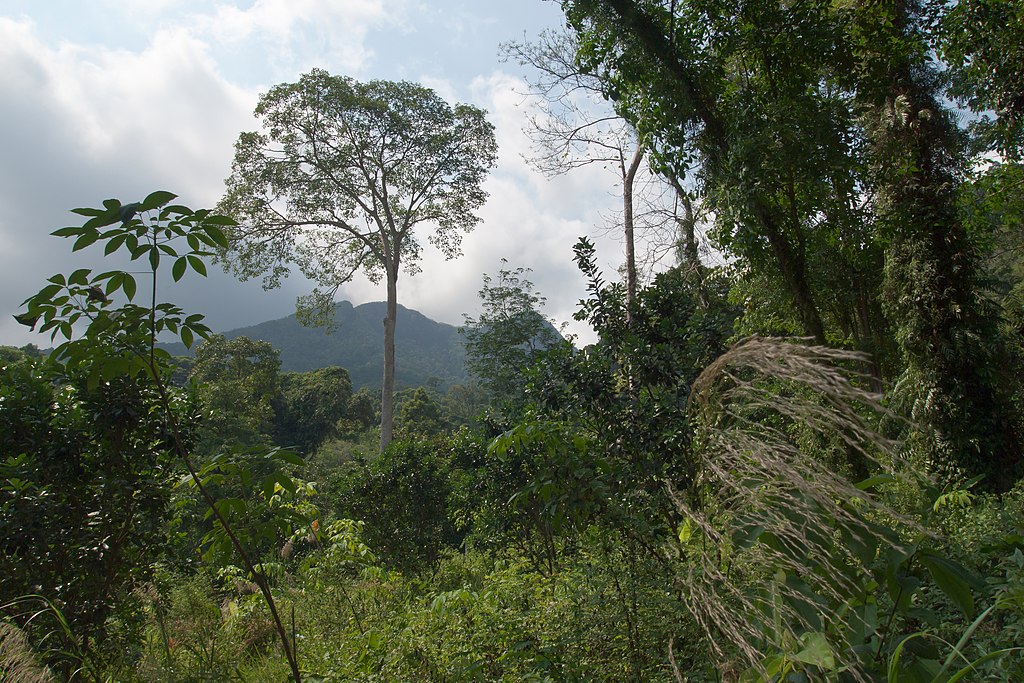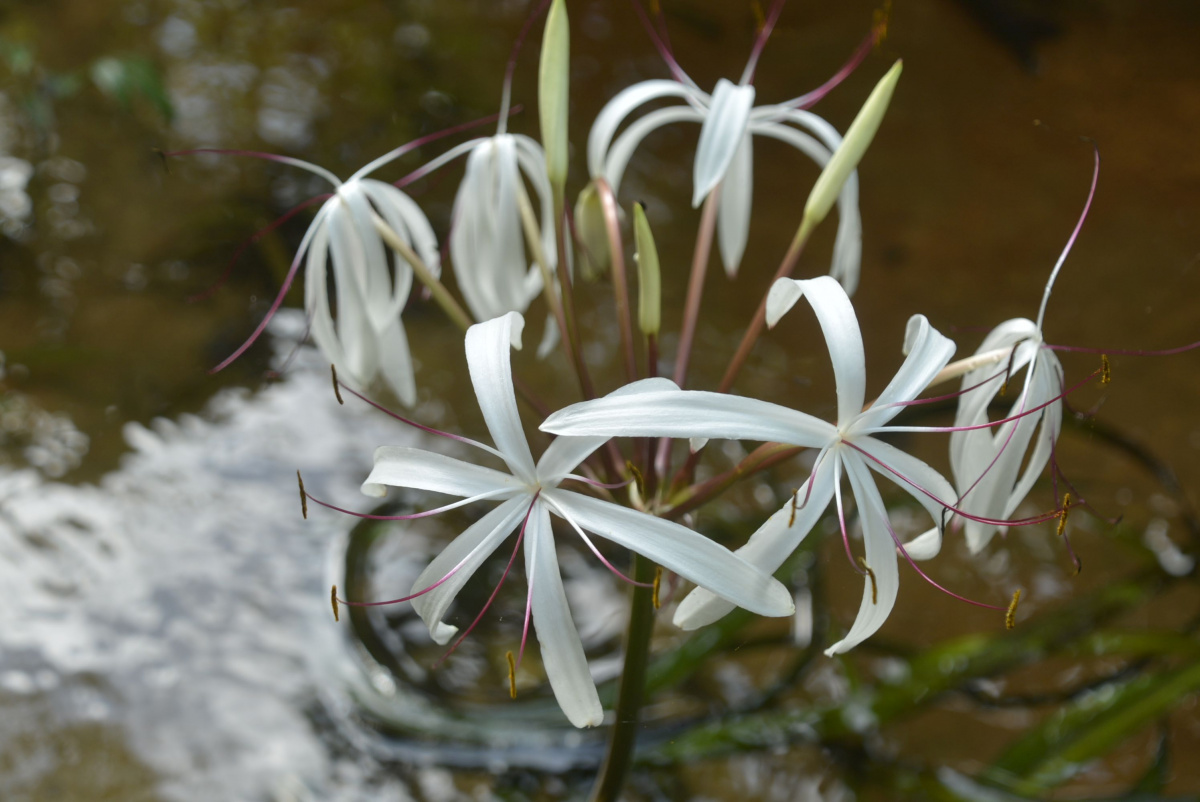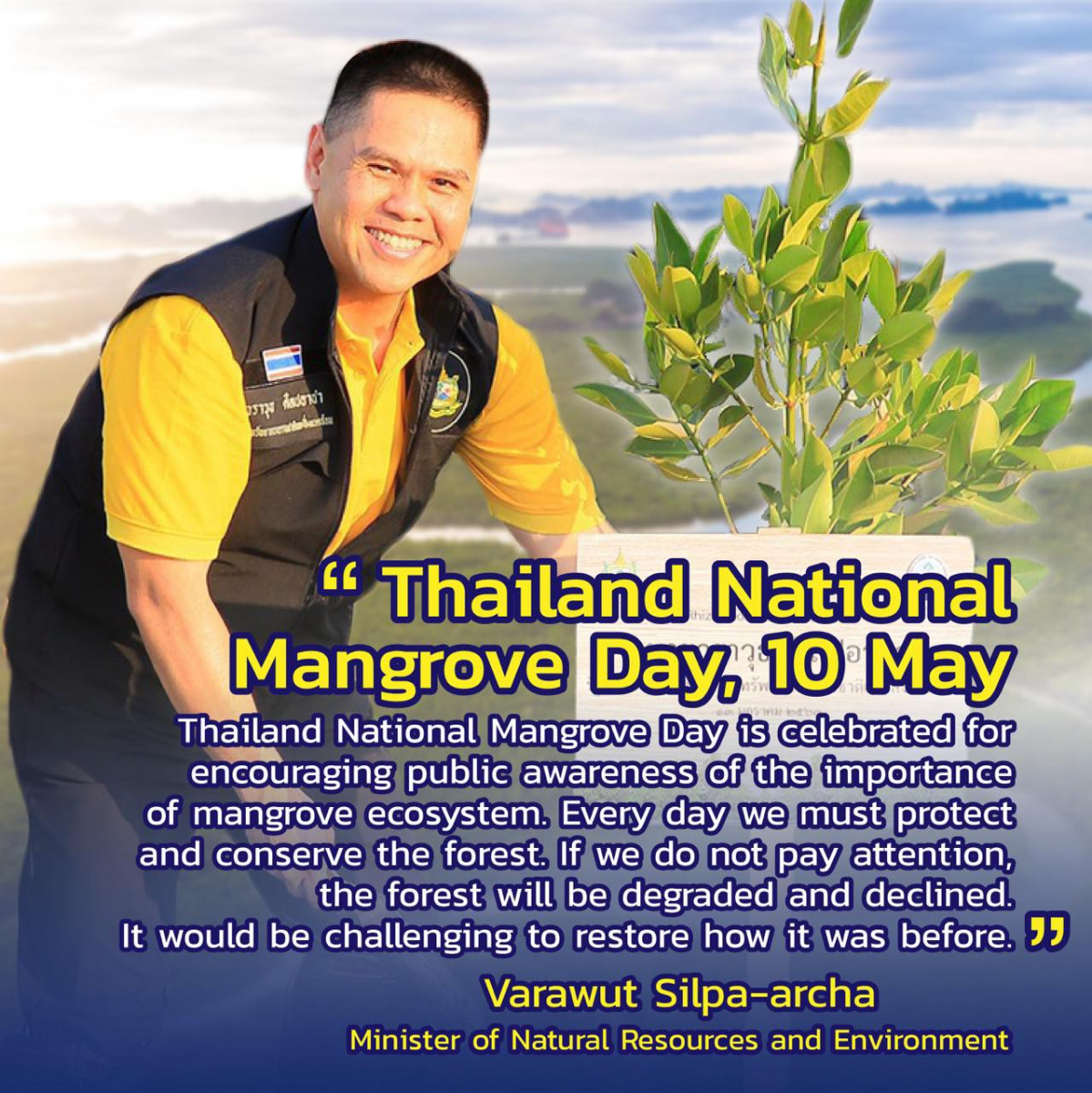IUCN Asia leads discussion on Nature-based Solutions at UN side event
Bangkok, Thailand, 15 May 2023: IUCN Asia, together with the Embassy of Japan in Thailand and the UN Economic and Social Commission for Asia and the Pacific (ESCAP), organised a side event on Nature-based Solutions (NbS) during the 79th ESCAP Commission Session. Held at the United Nations Conference Centre in Bangkok, Thailand, the event explored opportunities to design and implement NbS for climate adaptation at scale and mainstream them into policy.
In his opening remarks, Mr Oba Yuichi, Permanent Representative of Japan to ESCAP, Minister and Deputy Chief of Mission, Embassy of Japan in Thailand, stressed that NbS can “provide the necessary means to mitigate the impact of climate change,” Noting that Japan has been “an early pioneer in pursuing Nature-based Solutions”, he further introduced that his Government has been active in driving international cooperation around NbS through scientific innovations and technologies.
Providing the context for the ensuing panel discussion, Mr Raphael Glemet, Senior Programme Officer, Water, Wetlands and Nature-based Solutions, IUCN Asia, pointed out that NbS can provide up to a third of cost-effective mitigation by 2030. “Nature is part of the solution – we won’t meet our adaptation and mitigation targets without NbS,” he added. IUCN defines NbS as “actions to protect, sustainably manage, and restore natural or modified ecosystems, that address societal challenges effectively and adaptively, simultaneously providing human well-being and biodiversity benefits.”
Noting that the focus of NbS has shifted from “programming and conceptualising to implementation," Dr Okano Naoyuki, Policy Researcher, Institute for Global Environmental Strategies (IGES), underlined the importance of increased coherence and coordination in terms of governance, policymaking and financing around the concept. Ms Elizabeth Erasito, Director, National Trust of Fiji, highlighted that the "NbS governance approach taken by communities provided a platform for stakeholders to discuss conflicting situations in transparent and meaningful ways.”
Turning to the issue of financing for NbS, Dr Dindo Campilan, IUCN Regional Director for Asia and Hub Director for Oceania, stressed that it is necessary to “talk outside of the usual group,” referring to Ministries of Finance as well as the private sector. Dr Guilberto Borongan, Director of Regional Resource Centre for Asia and the Pacific, Asian Institute of Technology, pointed to the wider role that “data and information, technical capacity and human capital play in promoting the uptake of NbS.”
Closing the discussion, Ms Armida Salsiah Alisjahbana, Executive Secretary, ESCAP, emphasized that her organisation will “continue to mainstream NbS in climate action programmes and will continue its work on enhancing and strengthening investment in NbS.”
The event was held under the title “Streamlining Nature-based Solutions to Enhance Mitigation and Climate Resilience in the Asia-Pacific Region” and welcomed around 40 participants in person as well as around 20 joining virtually.



